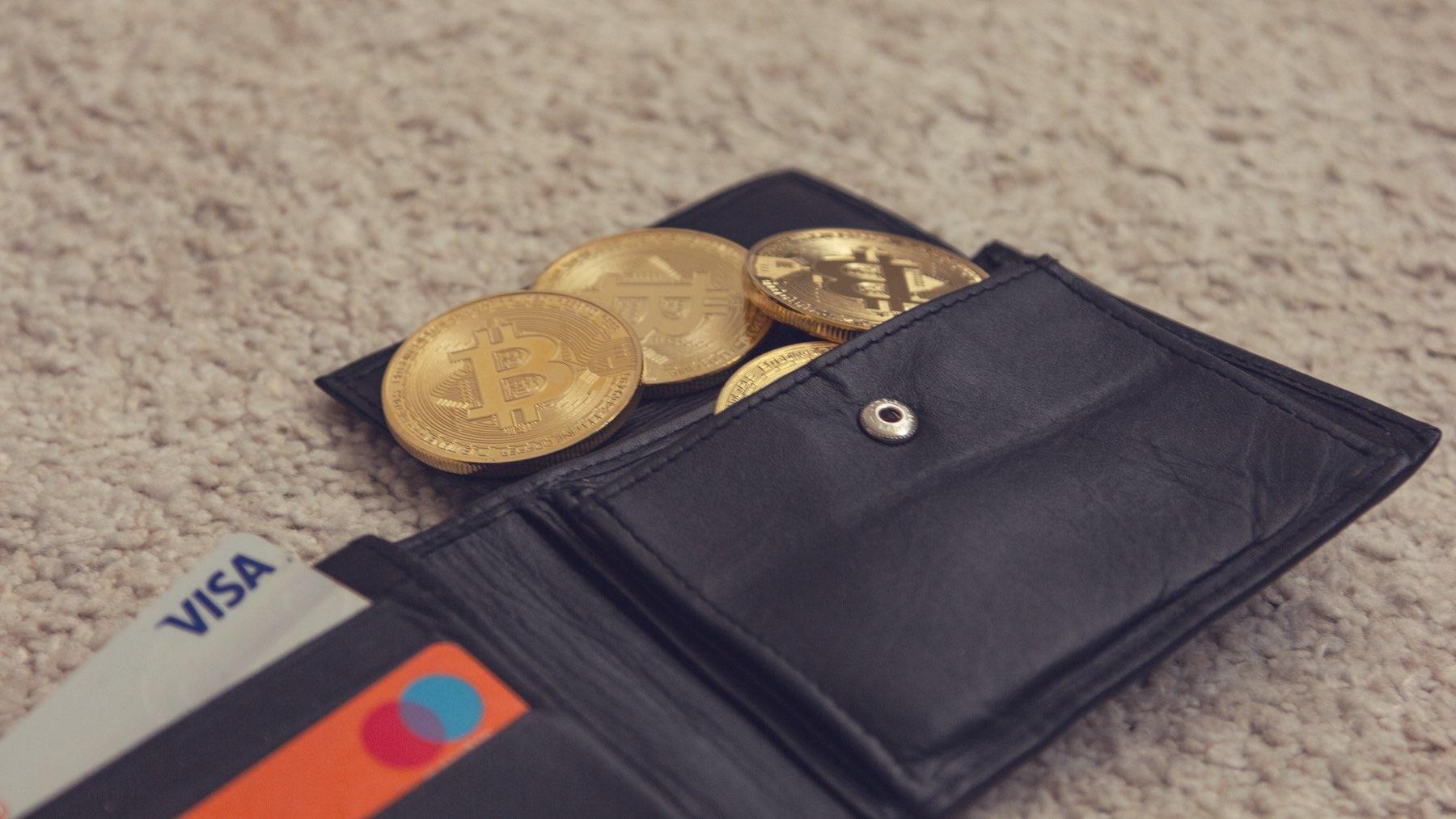If you’ve ever traveled to another country, there are a variety of things you need to do. You should get foreign currency in advance, tell your bank that you’ll be traveling internationally so your credit and debit cards don’t get blocked/flagged, and in all likelihood you’ll have to take out fiat at a financial institution while you’re there.
Even if you get the foreign currency in advance, you’re likely to be paying exorbitant exchange fees to swap currencies. Using just your credit card isn’t the best option because of the same exchange fees, meaning your best bet is carrying around local currency, which poses its own set of risks.
But with crypto and a digital wallet, you don’t have to do any of that. Of course, all the places you go would need to accept crypto, but this is simply to highlight the portable nature of digital assets. Their potential as a globally usable currency can’t be overstated, so let’s jump into why.
Crypto Wallets are Portable
Cryptocurrency wallets are perhaps one of the most portable ways to bring value with you across borders, let alone to send value across borders (remittances). As long as you bring the device your crypto wallet is on with you, you have your crypto and can spend it accordingly. If you’re using a hardware wallet, you simply need to bring it. Even if you only have your wallet on a laptop you can easily import it to your phone to use it from there instead.
Assuming the wallet is on your phone, this is an extremely portable way to bring value with you to another country, and it can’t exactly be stopped by anyone. In addition, because the crypto wallet is secured with a password and/or more security than a regular wallet, losing the crypto wallet is much less likely to cost you your funds than losing your wallet with a bunch of cash will.
Decentralized Distributed Ledger
The other reason that crypto is portable is because it uses a decentralized, distributed ledger, meaning that there are multiple nodes with the correct and current blockchain state. This means that crypto, and especially Bitcoin, is essentially unblockable by governments apart from them full on stopping the internet.
The Bitcoin wallet you have can’t be controlled by anyone assuming it’s not an exchange wallet, meaning that even if banks are closed, you can trade Bitcoin for the currency you need. You can access your Bitcoin anytime, anywhere, which can’t be said for most traditional currencies.
No Operating Hours
Bitcoin and all digital currencies are available and usable 24 hours a day, 365 days a year, whereas a bank has hours where it works. Some banks even close off access to ATMs after certain times making it impossible to get out money. Because crypto works digitally and only requires an internet connection (though Bitcoin can be used without the internet) there are no operating hours. If you want to trade your Bitcoin or other crypto assets for another, you can do it at 3am, when standing on the street in a foreign country, and no one can stop you.
Low Fees
Perhaps the most attractive feature of crypto’s portability is its low fees for exchanging assets. The fees you pay for swapping Bitcoin to USD are going to be far lower than swapping CAD for USD, and the transaction is faster. This means that when you’re traveling in the future, assuming the adoption of crypto increases, you’ll be able to easily swap and/or spend crypto on local items without having to pay high fees or exchange rates.
